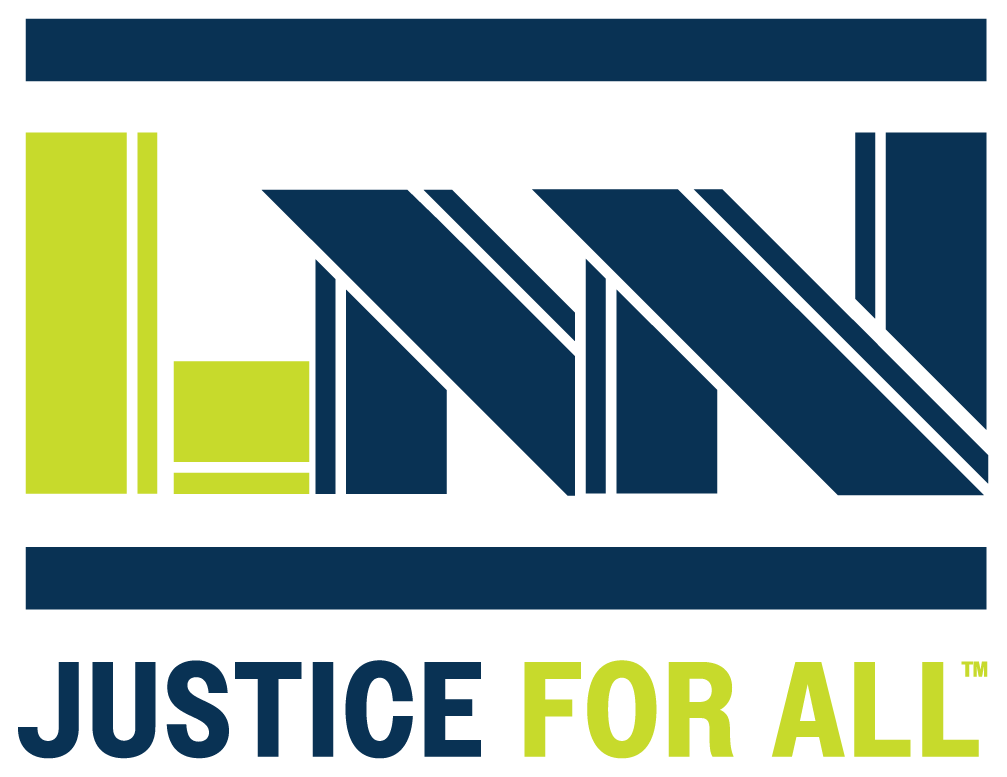Common Workplace Back and Neck Injuries
Every workplace environment is unique. Therefore, there is no way to list all neck or back injuries you may experience in the workplace. However, we commonly see the following injuries:
Neck or Back Strains and Sprains
A sprain or strain injury involves stretched muscles, tendons, or ligaments. It usually occurs when someone lifts, twists, or makes repetitive motions, which can weaken muscles over time.
Herniation of Disks
In your spine, there are vertebrae, and between each vertebra, there are cushions to protect them. When your spine is damaged, there is the potential for those cushions to bulge and put pressure on the nerves around your spine.
Pinched Nerves
When nerves are compressed, it results in a pinched nerve. Depending on its location and the affected nerve, this type of injury can cause tingling, weakness, pain, or even numbness.
Spinal Fractures
Fractures of the spine or vertebrae are most common after a fall. This can cause improper posture, severe pain, swelling, and other symptoms. If the damage is severe, it can even cause partial or total paralysis or be a life-threatening condition.
Severe Neck Injuries
Whiplash and cervical dislocations are also common injuries to the neck. They occur when the head or neck moves suddenly and incorrectly.
There is no way to list all possible back and neck work injuries. If you recently had a work accident with back or neck pain, see your doctor. Not only will it help you begin to heal, but it will assist your Irvine attorney in proving your neck and back injury case.
How To Prove on the Job Neck and Back Injuries
Proving a workplace injury is not always easy, which makes documentation critical. The first and most crucial step is to file an accident report with your employer.
Upon reporting your injury, your employer may provide you with a Workers’ Compensation Claim Form (DWC 1). You should fill out this form and return it to your employer as soon as possible after sustaining an injury. Your employer must complete the form and return a copy within one working day.
If you are unable to work, you should contact a doctor for an examination and recommendation. Their recommendations further prove your case if you miss work or require light-duty tasks.
Visiting your doctor can help your workers’ compensation office determine a fair amount to compensate you for:
- Current and future medical expenses
- Lost income
- Diminished earnings for lost wages (permanent or temporary disability)
According to the Department of Industrial Relations, if you fail to report your injury to your employer within 30 days, you may lose your right to claim workers’ compensation. Our Irvine lawyers could help you understand and follow all regulations after a neck or back workplace injury.
Get Started Today

 facebook
facebook Instagram
Instagram Twitter
Twitter Linkedin
Linkedin Youtube
Youtube Tiktok
Tiktok








